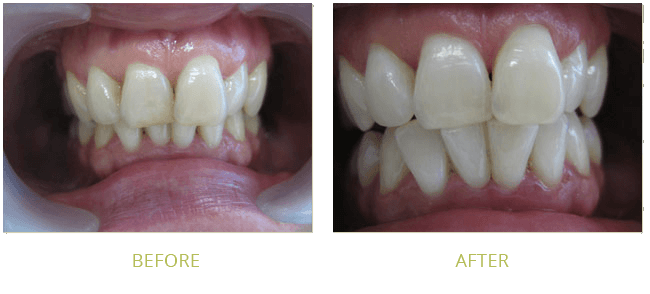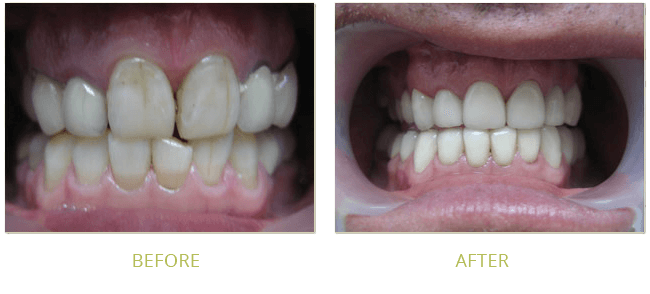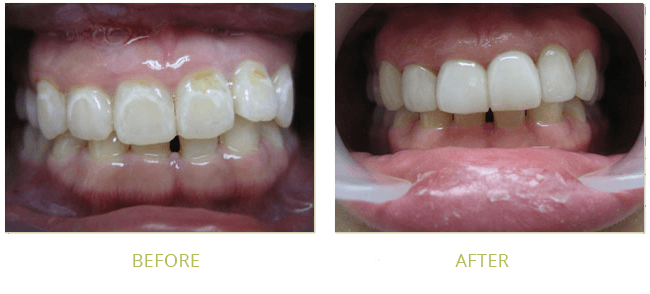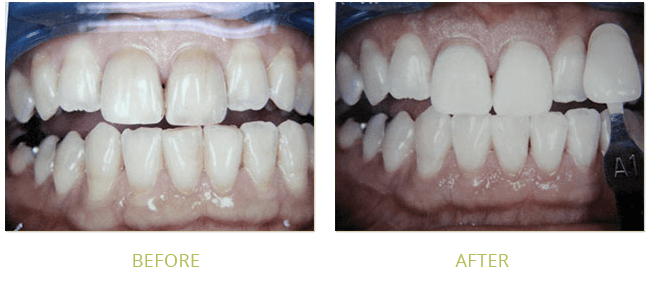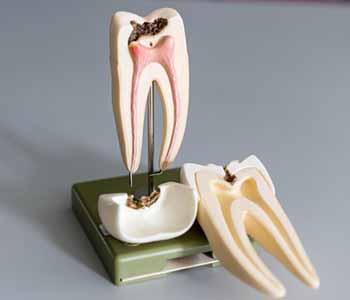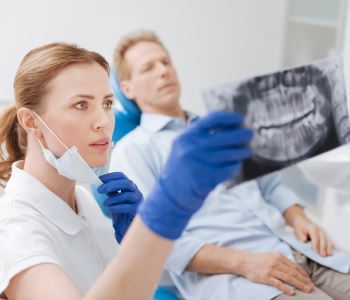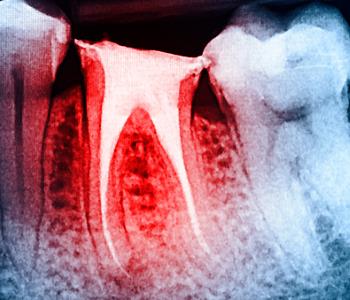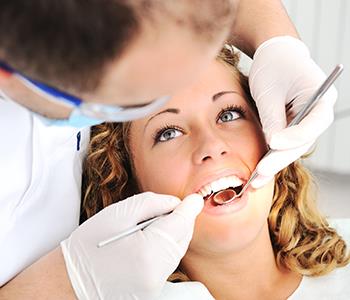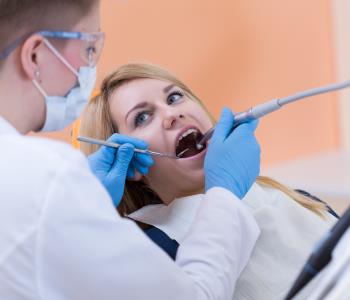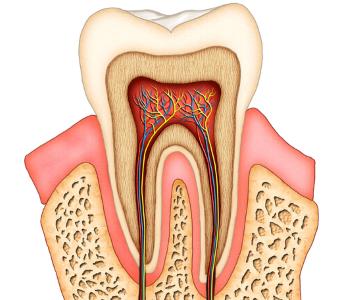Root Canals

It’s a common scenario. You wake with an acute toothache, or develop swelling inside your mouth or in your cheek. The dentist diagnoses inflammation and infection from deep decay or nerve damage from an old trauma incident. You are told that in order to keep the natural tooth, a root canal therapy is the only way to avoid extraction.
Physiology of root canal treatment
The part of a tooth you see, the crown, is covered with a
hard layer of enamel. Beneath it is strong dentin which gives structure
to the tooth. At the center of the tooth is a chamber housing soft,
living tissues – blood vessels and pulp. They extend into the root
canals. The roots, of course, go into the jaw bone to hold the tooth in
place with added support from the periodontal ligament. In addition to
the primary root canals, there are many microscopic tubules accessing
the pulp chamber.
Root canal therapy removes damaged portions of tooth
structure and removes the pulp in the root canals. The area is cleansed
and sealed; then capped with a crown for strength and protection.
In essence, a dead tooth is left in your jaw.
The root-canal/health connection
Even when caustic cleansing chemicals are used, it is
mechanically impossible to sanitize the inside of a tooth. Bacteria
continue to live in the tubules and surround the periodontal ligament
and roots. Starved of oxygen and their usual food sources, even
otherwise benign bacteria morph into much more dangerous strains capable
of attacking the heart, brain, joints, and other parts of the body.
Because the nerves have been removed, you no longer feel
discomfort or other symptoms, but there could be a latent problem in
your jaw.
If you are in peak condition, your immune system is
probably able to combat these bacteria. However, if your body’s natural
defenses are suppressed in any way, bacteria can take the opportunity to
invade and cause disease.
Studies have shown links between the bacteria in root-treated teeth and:
- Cancer, including breast cancer.
- Heart disease.
- Kidney disease.
- Neurological diseases including MS and ALS.
- Lupus and other autoimmune diseases.
- Arthritis, and rheumatic and other joint disorders.
Biological alternatives to root canal therapy
No one wants to lose a tooth, but if you do not think that having root canal treatment makes sense, then come and discuss the issue with Dr. Tong. As a biological dentist, Dr. Titania Tong has specialized training in safe extraction techniques, including removal of the periodontal ligament where bacteria thrive.
She will talk with you about other options, like a fixed bridge, partial denture, or dental implant, to restore your smile without compromising your health.
Call 852 2810 1801 today for an appointment with Dr. Tong – the biological dentist who understands the mouth-body connection.

